Our areas of work 2/3
Prepared Communities
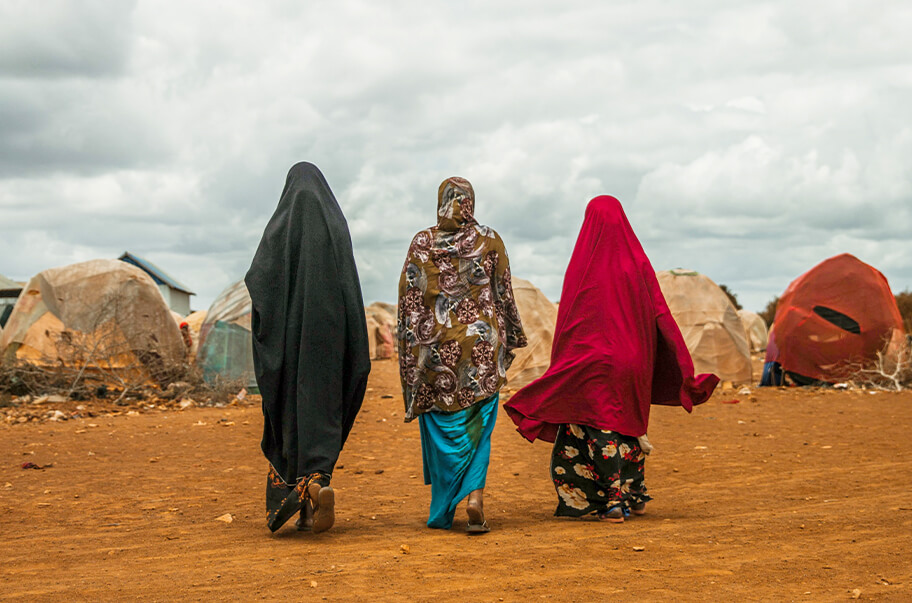
Building resilience through disaster preparedness, response and recovery.
300 million
Number of people worldwide who require humanitarian assistance.
Source: United Nations Office for the Coordination of Humanitarian Affairs (UNOCHA)
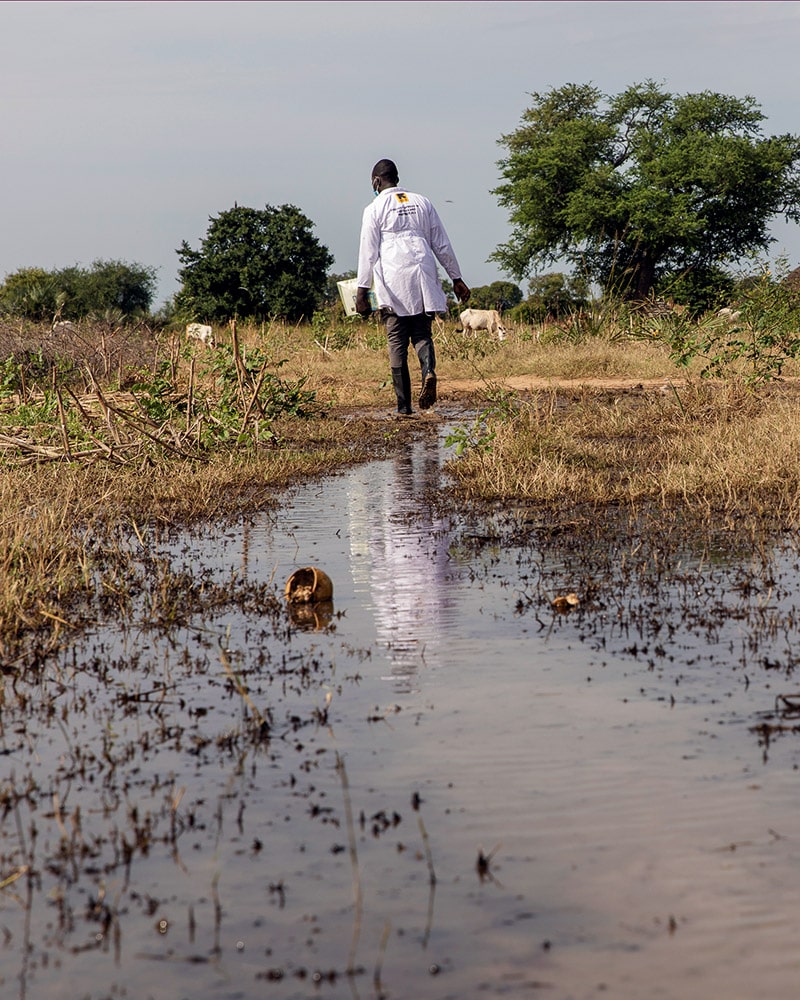
Prepared
communities
Millions of people are affected every year by disasters. Marginalised communities are more vulnerable due to a lack of economic opportunities, inadequate basic services, deficient infrastructure, and because they often live in unsafe areas.
Making livelihoods and ecosystems more resilient to both the extreme events and long‑term shifts associated with climate change is vital to the Trafigura Foundation’s concept of prepared communities.
But averting or mitigating disaster in the face of extreme drought, storms and other shocks also requires targeted action to anticipate and reduce the risks, and to respond quickly and effectively when catastrophe strikes.
The Foundation partners with global organisations and coalitions that promote risk assessments, disaster preparedness, early warning systems, and resilience-building activities, including nature‑based solutions such as conserving forests or restoring wetlands that help communities to prepare, cope and recover.
We also support programmes able to deliver rapid and targeted relief assistance and recovery support, including efforts to restore infrastructure, livelihoods and basic services, using community-centred and locally led approaches.
12,000
Number of disasters in the last 50 years caused by extreme weather-, climate- and water-related events, leading to 2 million human deaths and USD 4.3 trillion in costs.
Source: IPBES
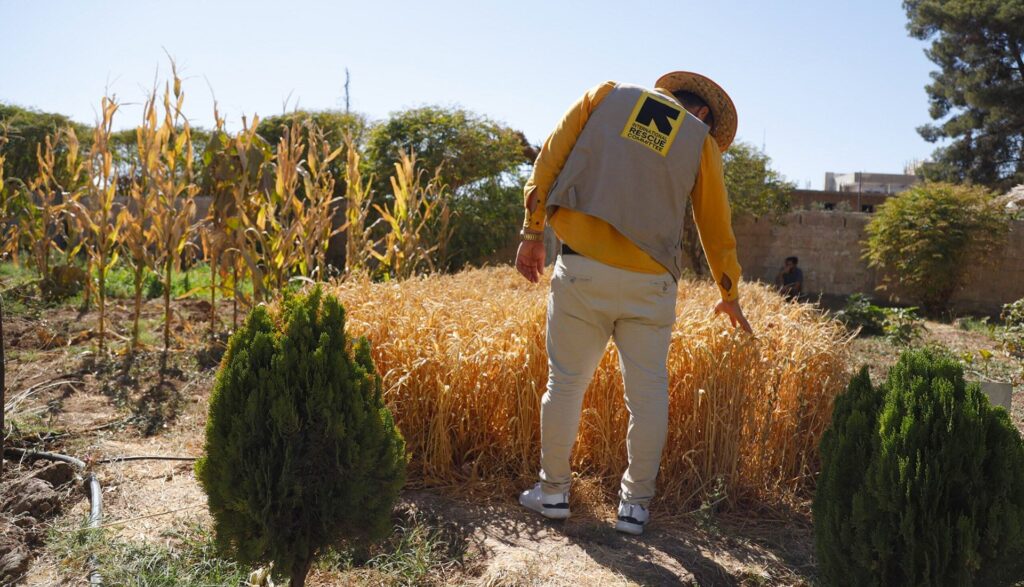
Testimonial
Rashad* is a livelihood centre officer with IRC Syria. He manages the Seed Security Project in Trbaspiyeh, which provides high quality seeds, seed testing, agricultural education, and support to farmers.
*Name changed to protect client’s privacy.
Anticipating disaster
A key partner in the Foundation’s strategy is the International Rescue Committee (IRC).
Foundation funding has played a catalytic role in the IRC’s development of a model that leverages technologies including artificial intelligence and long-term weather forecasting to detect high risk of flooding or drought, enabling timely humanitarian action.
In 2024, the IRC activated responses from its Anticipatory Action Fund, which the Foundation also supports, after the model accurately predicted severe flooding in Guatemala and drought conditions in Somalia, generating interest from other institutional donors.
Foundation funding also sustained an innovative IRC programme in northeast Syria to help farmers secure drought‑resistant seeds, increase the adoption of climate-smart agricultural practices, and expand the leadership of women. The IRC says the lessons learned in Syria are now informing its work in Niger and South Sudan – two more countries where climate impacts, conflict and poverty have converged to push millions of people toward crisis.
“The Trafigura Foundation’s support will allow the IRC to continue designing and rigorously testing climate-resilient innovations for and with communities who live in the most fragile and climate vulnerable areas,” said Tara Clerkin, IRC’s Climate Resilience Global Practice Lead.
78%
Number of farmers in the IRC’s northeast Syria programme who have adopted climate‑smart practices.
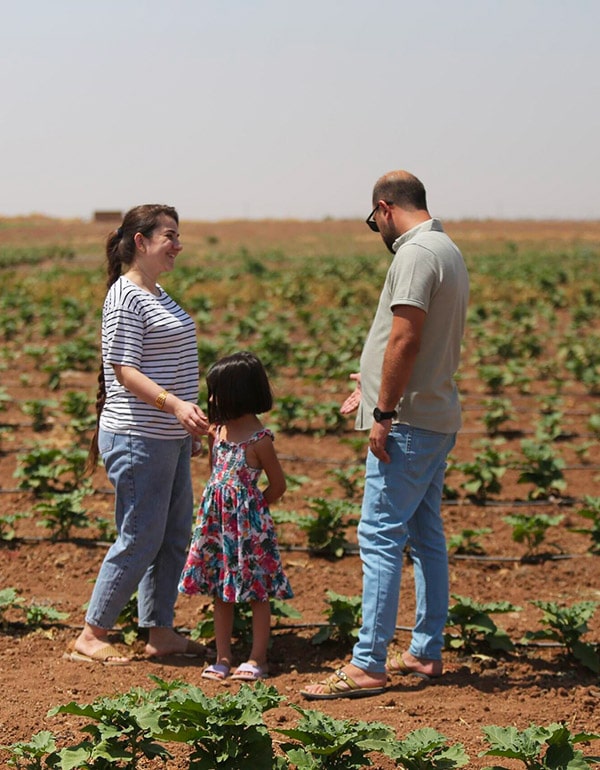
After the conflict in Syria in 2012 prevented Fadia* from entering university, she embraced opportunities in agriculture. Through the IRC, she received financial assistance for essential inputs from the local market and local training in climate-adapted agricultural techniques to grow wheat to help support her family.
*Name changed to protect client’s privacy.

Voice of partners
The Trafigura Foundation’s support will allow the IRC to continue designing and rigorously testing climate‑resilient innovations for and with communities who live in the most fragile and climate-vulnerable areas.
Tara Clerkin
The Climate Resilience Global Practice Lead, International Rescue Committee
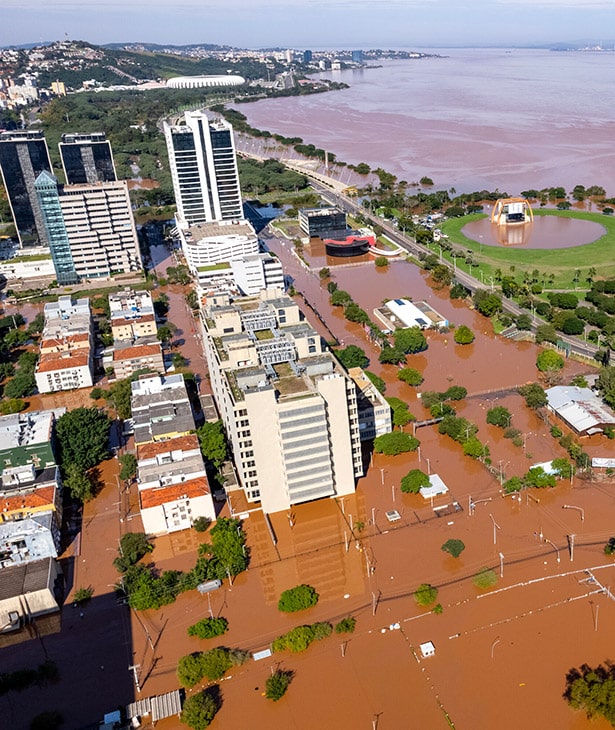
Integrated action
Activities that help communities to reduce or avoid the impacts of climate change are embedded in the multifaceted programmes of several other Foundation partners.
For example, through Partnership for Central America (PCA), we have supported policy advocacy to provide crop insurance for 10,000 farmers, enhancing their food security and financial resilience. As part of a consortium that includes the World Bank and the World Food Programme, PCA is also working to provide climate-related agricultural insurance solutions for 2 million smallholder farmers in Guatemala, El Salvador, and Honduras.
Targeted response
When disasters occur, the Trafigura Foundation supports organisations capable of delivering rapid relief and helping affected communities to recover, including efforts to rebuild infrastructure, livelihoods and basic services.
We prioritise interventions that address communities’ immediate needs while also considering their long-term recovery and resilience. The Foundation sometimes draws on the local knowledge of Trafigura Group employees to identify organisations that are well placed to deploy our assistance effectively.
Wildfires in Chile and Colombia
In early 2024, wide areas of both Chile and Colombia were devastated in forest fires fanned by prolonged drought and extreme high temperatures – conditions exacerbated by climate change.
In Chile, the fires claimed 137 lives, making them the deadliest in the country’s history.
In response, the Trafigura Foundation donated to a local organisation, Desafío Levantemos Chile, enabling it to provide assistance to more affected families in the coastal city of Viña del Mar. Our contribution went primarily toward meeting the cost of repairing and rebuilding fire-damaged homes.
In Colombia, the fires hit areas including the Andes, Orinoquía and Amazon regions, known for their rich biological, social and cultural diversity.
The Trafigura Foundation donated to WWF Colombia, supporting efforts to strengthen the management of the El Tuparro National Natural Park in the department of Vichada. The money was also used for the acquisition of tools for wildfire control and prevention activities, as well as capacity building for first aid and emergency response.
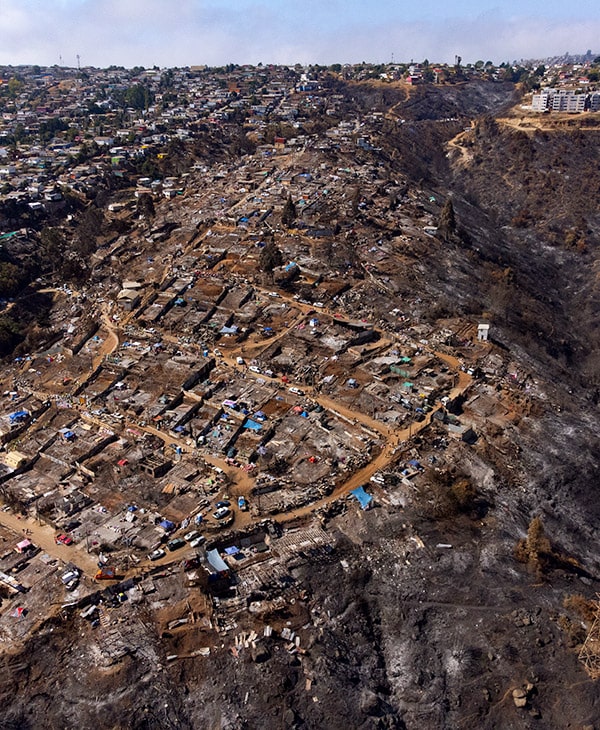
630,000
(USD) Foundation’s contribution to global disasters in 2024
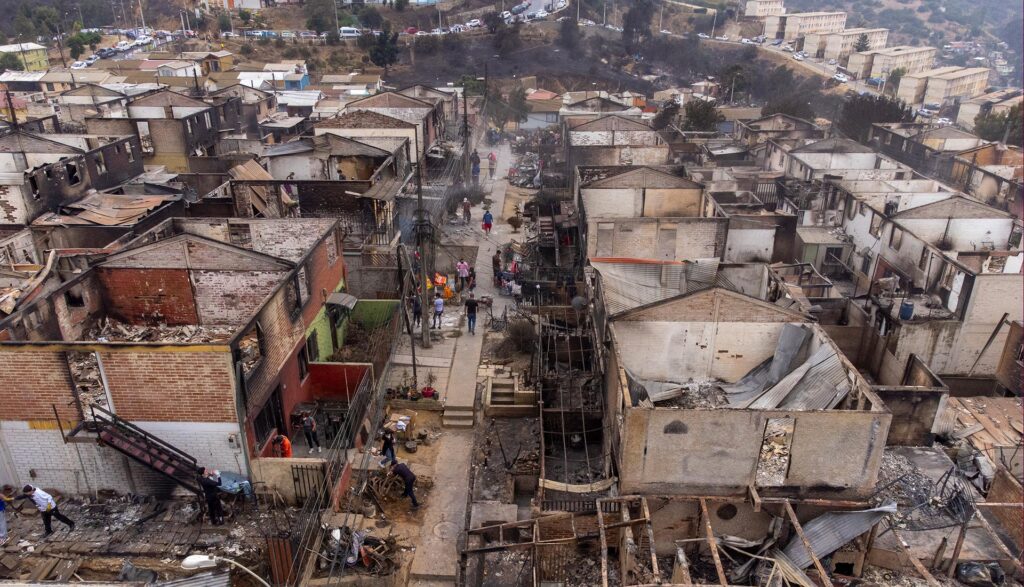
Our approach
We fund projects that address immediate humanitarian needs while supporting long-term recovery and resilience.
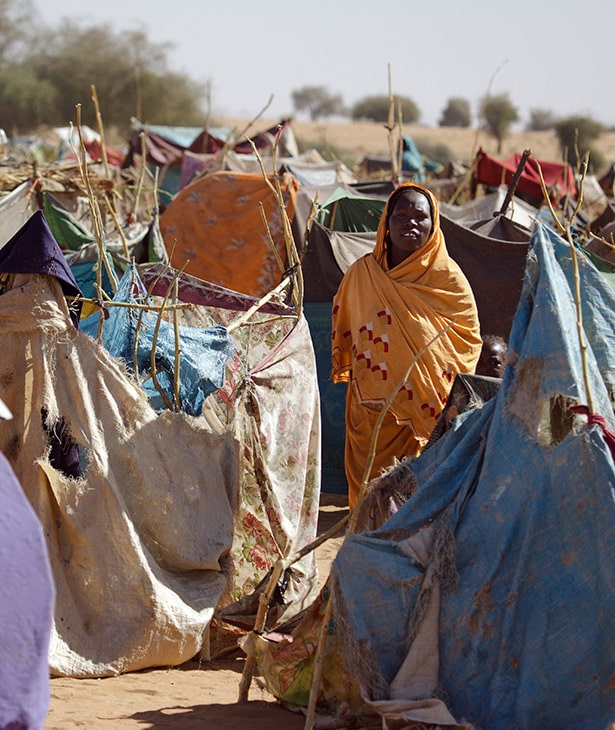
Crisis in Sudan
The people of Sudan have been caught up in a deepening crisis since the outbreak of civil war in 2023. The conflict has displaced 12.5 million people and left almost 25 million facing acute hunger.
Heavy rains and flooding destroyed tents and homes in camps for displaced people in the North Darfur region in 2024, highlighting how climate impacts and conflict combine to deepen humanitarian disasters.
In 2024, the Foundation provided support to the Center for Disaster Philanthropy Sudan (CDP) that helped fund two grants to Sudanese organisations: People-to-People and Adeela.
These organisations are working to support and strengthen grassroots efforts across Sudan that are critical to maintaining the delivery of aid to populations in need and to restore critical infrastructure.
Argentina storm
In December 2023, a powerful storm struck Bahía Blanca, a coastal city in Argentina, causing widespread damage and more than a dozen fatalities.
The Trafigura Foundation contributed to relief and recovery efforts through a donation to a local non-profit, Casa Salesiana La Piedad. Our support helped them to improve sanitary facilities, re-roof a community space, and provide food assistance for 100 families.
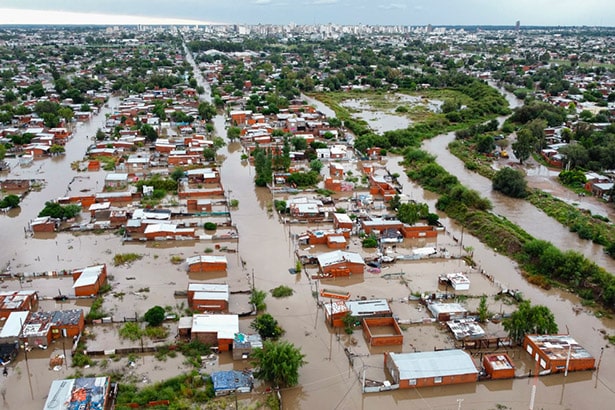
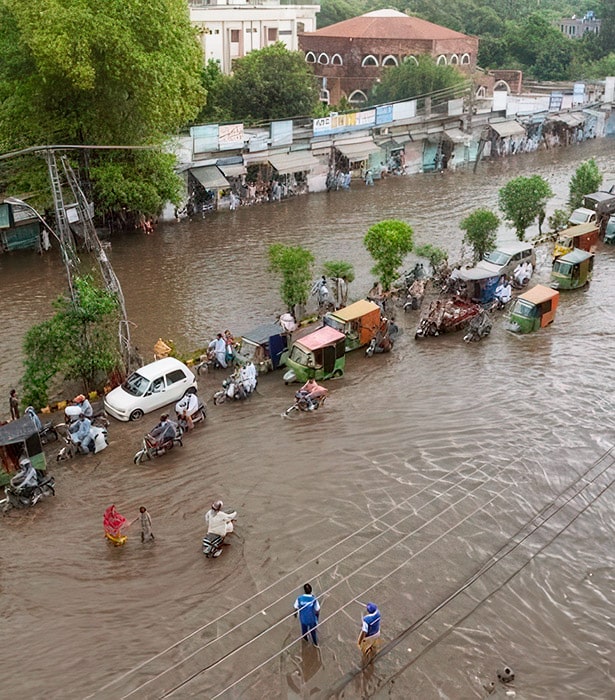
Flooding in Brazil
In April and May 2024, exceptionally heavy rainfall triggered devastating floods in Brazil’s Rio Grande do Sul state. This disaster affected more than 2 million people and displaced more than 380,000. About 180 deaths were reported.
Our Foundation backed the efforts of Central Única das Favelas (CUFA), a Brazilian organisation that led a major relief operation. CUFA worked with local leaders to address immediate needs and plan for the long-term recovery of the most affected and vulnerable communities.
In the initial phase, CUFA helped to equip shelters for displaced persons with essential items including food, water and hygiene kits. Later phases included permanent medical assistance, infrastructure rebuilding, and local economic support.
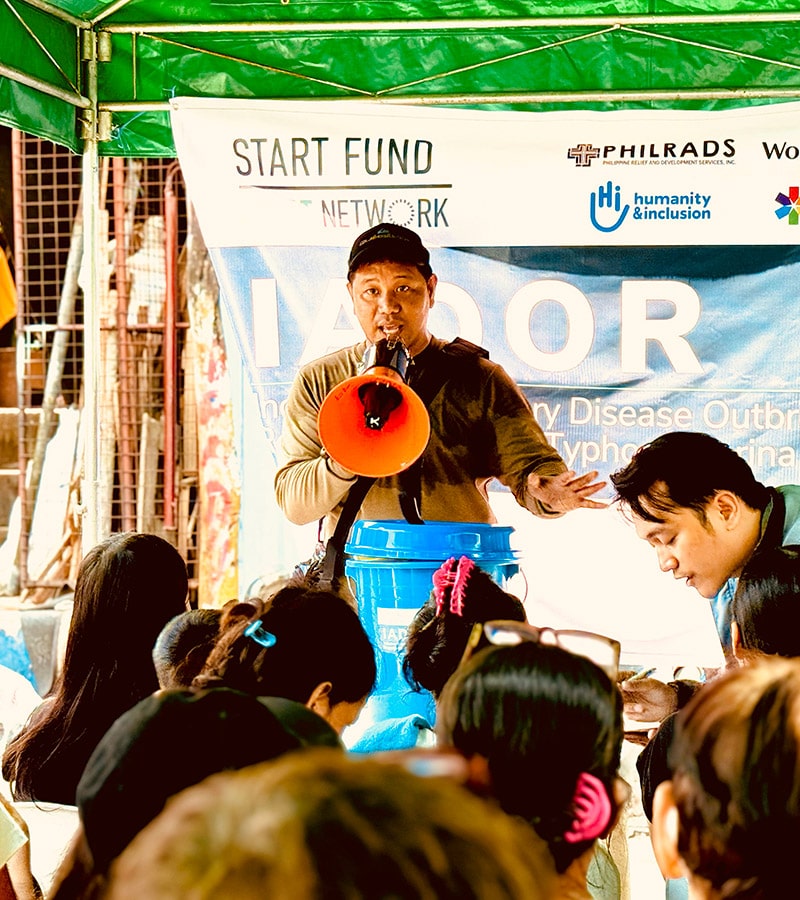
New in 2025
The Trafigura Foundation has agreed a partnership with the Start Network, which manages one of the world’s fastest emergency-response mechanisms.
This global network of non-governmental organisations is committed to enabling humanitarian action that is locally led, fast‑moving, innovative, and accountable to the people in need.
The network’s Start Fund typically approves and releases support within 72 hours of the onset of an emergency and fills a critical gap in international relief efforts by focusing on under-the-radar, small-to-medium-scale crises. While it responds to several types of crises and hazards, nearly two-thirds of the alerts raised by members of the network are climate-related.
By supporting the Start Fund, the Foundation will reinforce the network’s ability to anticipate and respond quickly to humanitarian emergencies around the world.
